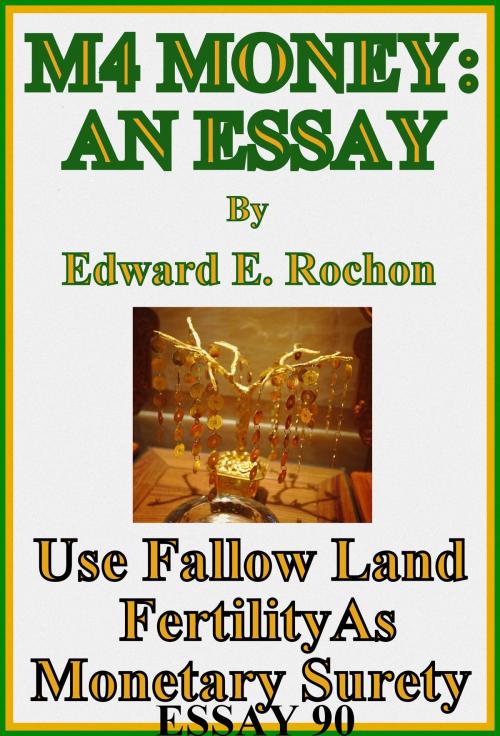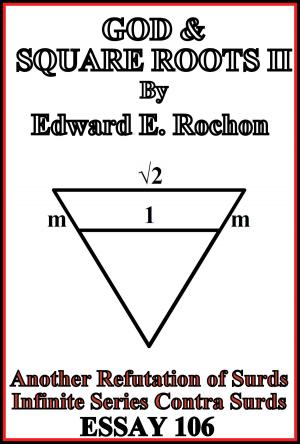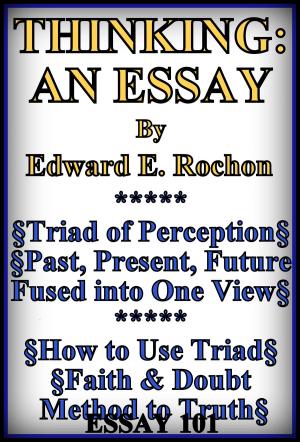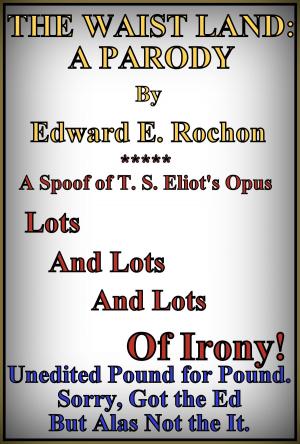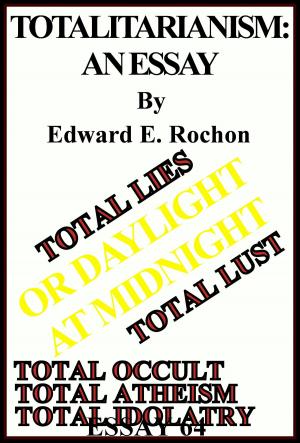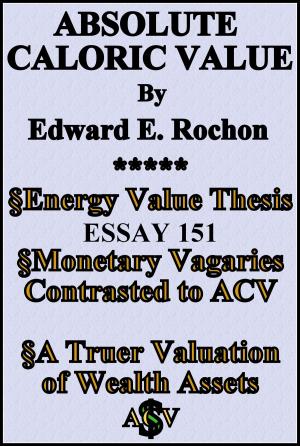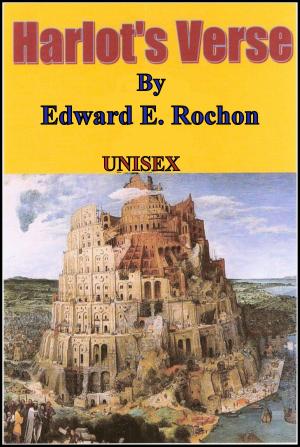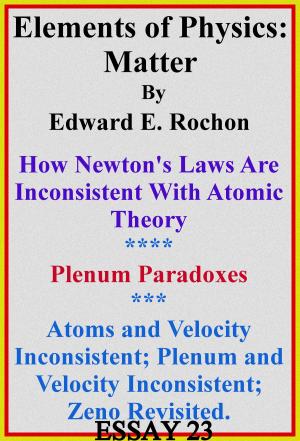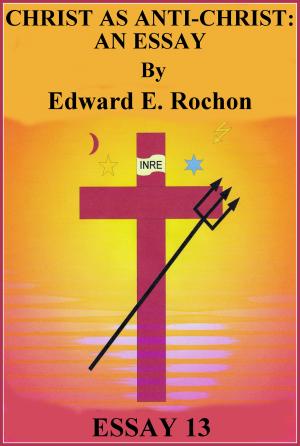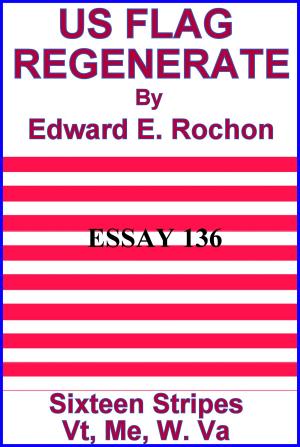| Author: | Edward E. Rochon | ISBN: | 9781311174994 |
| Publisher: | Edward E. Rochon | Publication: | March 24, 2016 |
| Imprint: | Smashwords Edition | Language: | English |
| Author: | Edward E. Rochon |
| ISBN: | 9781311174994 |
| Publisher: | Edward E. Rochon |
| Publication: | March 24, 2016 |
| Imprint: | Smashwords Edition |
| Language: | English |
A preface notes the scope of the work. Chapter 1 briefly mentions the Assignat, used during the French Revolutionary period as paper currency. It used real estate as the surety of value. Chapter 2 lays out the requirements of M4 money: 1.) Locus of Valuation, 2.) Security of Valuation, 3.) Volatility. An area of land is specified for the issuance. It is secured by police, rangers, carabinieri in order to remain fallow, and these securers receive a commission upon successful maturation. Congress or legislatures note the potential volatility of the issuance. This refers to the likely accrual of value of the fallow land. Chapter 3 deals with the effects on farmers and the economy. We note how little effort is required to prevent desertification of semi-arid and other regions of the world in terms of financial input. I refer to experts on this matter without offering sources. The reader should check the Internet and libraries to make up their mind on the matter. I did not do the work on these reports, nor the reader, so check it out for yourselves. I mention the problem of corruption in the developing world and how M4 might ameliorate this. Chapter 4 deals with underlying considerations of M4 and why it might be a good idea. It notes that decentralization of economics requires money, that removing it through centralization is likely to produce incompetence, immorality and vain glory among bureaucrats. Since organization not labor is the central generator of wealth, experience shows that a federal approach with the individual and family as the lowest unit and so on up to the chief of state, each providing organization at its respective level seems the best solution to social harmony and prosperity. This requires money, sufficient money, reliable money, and M4 proposes to aid this objective. Hope you enjoy the read or at least find it of interest.
A preface notes the scope of the work. Chapter 1 briefly mentions the Assignat, used during the French Revolutionary period as paper currency. It used real estate as the surety of value. Chapter 2 lays out the requirements of M4 money: 1.) Locus of Valuation, 2.) Security of Valuation, 3.) Volatility. An area of land is specified for the issuance. It is secured by police, rangers, carabinieri in order to remain fallow, and these securers receive a commission upon successful maturation. Congress or legislatures note the potential volatility of the issuance. This refers to the likely accrual of value of the fallow land. Chapter 3 deals with the effects on farmers and the economy. We note how little effort is required to prevent desertification of semi-arid and other regions of the world in terms of financial input. I refer to experts on this matter without offering sources. The reader should check the Internet and libraries to make up their mind on the matter. I did not do the work on these reports, nor the reader, so check it out for yourselves. I mention the problem of corruption in the developing world and how M4 might ameliorate this. Chapter 4 deals with underlying considerations of M4 and why it might be a good idea. It notes that decentralization of economics requires money, that removing it through centralization is likely to produce incompetence, immorality and vain glory among bureaucrats. Since organization not labor is the central generator of wealth, experience shows that a federal approach with the individual and family as the lowest unit and so on up to the chief of state, each providing organization at its respective level seems the best solution to social harmony and prosperity. This requires money, sufficient money, reliable money, and M4 proposes to aid this objective. Hope you enjoy the read or at least find it of interest.
